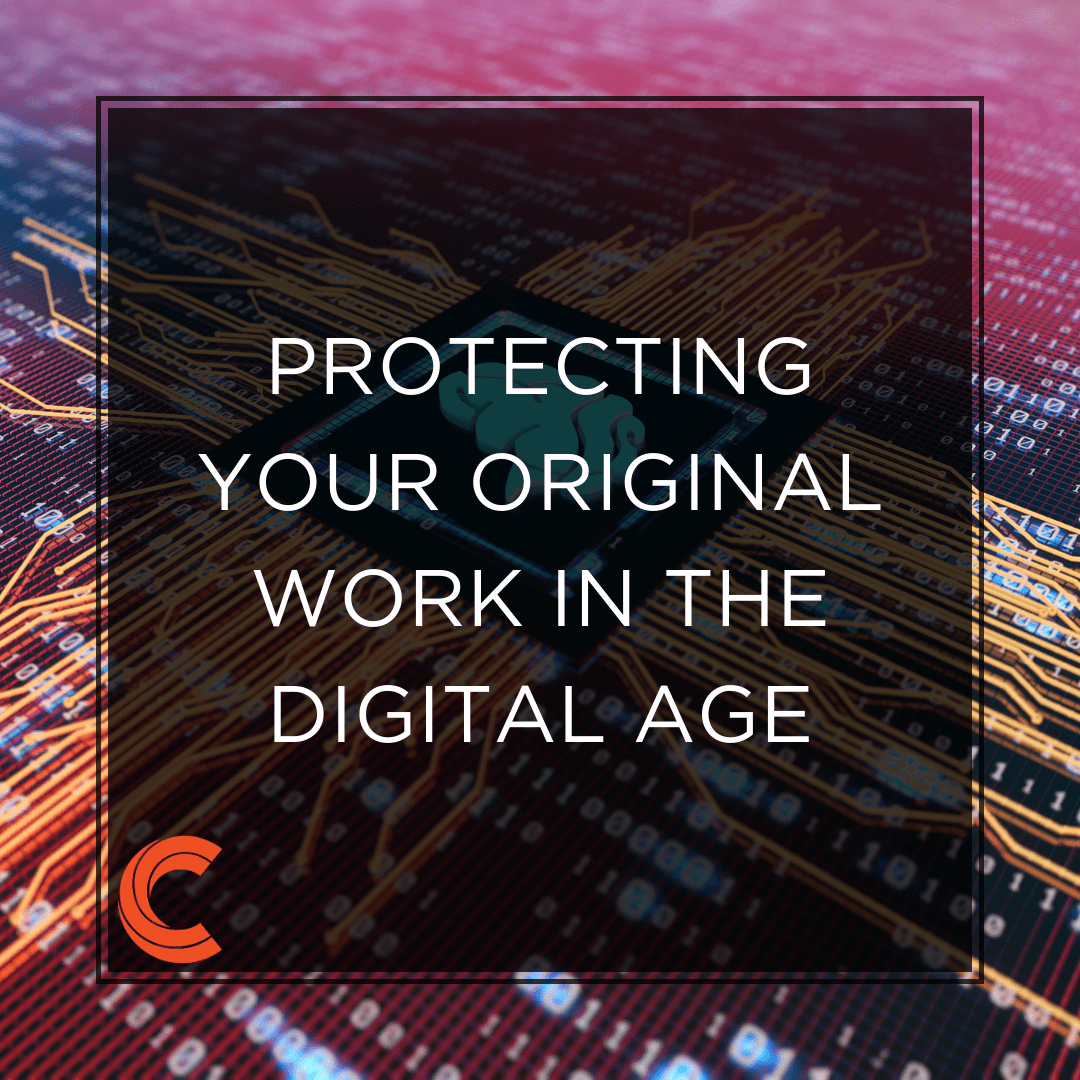The digital age has made it easier than ever to create and share original works. From creative writing and music to website content and graphic designs, copyright law protects your intellectual property in this ever-evolving landscape.
This blog post explores the benefits of copyright registration and guides you through the filing process.
Understanding Copyright
- Copyright automatically protects original works of authorship when they are “fixed” in a tangible form, such as writing it down, recording it, or storing it electronically.
- Copyright protects various creative expressions, including:
- Literary works (books, articles, poems, website content)
- Musical works (songs, compositions)
- Visual arts (paintings, photographs, graphic designs)
- Software code
- Architectural works
Benefits of Copyright Registration
While copyright protection exists automatically, there are significant advantages to registering your copyright with the U.S. Copyright Office:
- Stronger Legal Presumption: A registered copyright strengthens your legal case in case of infringement. It provides a presumption of ownership and validity.
- Increased Damages: If your copyright is infringed, you may be eligible to recover statutory damages, which can be higher than actual damages proven.
- Seizure of Infringing Materials: Registered copyrights allow you to request the seizure of infringing materials, potentially minimizing further damage.
- Public Record: Registration creates a public record of your copyright ownership, making it easier to track down infringers.
The Copyright Filing Process
Filing a copyright application with the U.S. Copyright Office is a relatively straightforward process:
- Gather Necessary Information: Prepare information about your work, including its title, author(s), creation date, and a brief description of the nature of the work.
- Choose the Correct Application Type: The U.S. Copyright Office offers different application types for various creative works. Select the appropriate application based on the type of work you are registering.
- Submit Your Application and Fees: You can submit your application online or by mail. The filing fee varies depending on the type of work and the filing method.
- Review and Approval: The Copyright Office will review your application to ensure completeness and compliance. If approved, you will receive a registration certificate.
Important Considerations
- What Can’t Be Copyrighted: Copyright law doesn’t protect ideas, facts, or titles. It protects the original expression of those ideas.
- Work Made for Hire: Copyright ownership might belong to the employer if the work is created by an employee within the scope of their employment.
- Fair Use: Copyright law allows limited use of copyrighted material without permission for purposes like criticism, commentary, or news reporting.
Copyright and the Digital Age
The digital age presents unique challenges for copyright protection. Online infringement can happen easily and quickly. However, copyright registration remains a valuable tool for protecting your work online.
Seeking Legal Help
Copyright law can be complex, especially in the digital age. An experienced intellectual property lawyer at Carbon Law Group can assist you with:
- Determining whether your work is eligible for copyright protection
- Selecting the appropriate copyright application type
- Completing and filing your copyright application
- Enforcing your copyright rights in case of infringement
Conclusion
Copyright registration provides a vital layer of protection for your creative work in the digital age. By understanding the benefits of registration and following the filing process, you can safeguard your intellectual property and ensure you receive proper recognition and compensation for your creations. Remember, copyright registration is an investment in your creative future.





